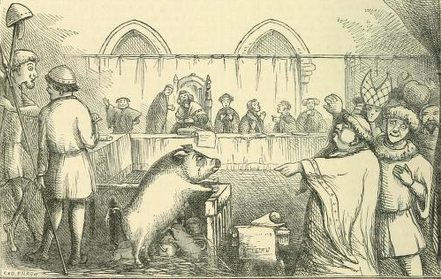I’ve just posted to SSRN a draft of a book chapter for a forthcoming volume on trademark law theory and reform edited by Graeme Dinwoodie and Mark Janis. My contribution, entitled “Finding Dilution,” reviews the history and theory of the quixotic theory of liability that everybody loves to hate. As Rebecca Tushnet has noted, in a post-Tam world dilution may not have much of a future, and my analysis in this draft may therefore be moot by the time this volume gets published. But if not, the exercise has given me an opportunity to extend the theoretical framework I established and defended in the Stanford Law Review a few years ago: Trademark as Promise.
In Marks, Morals, and Markets, I argued that a contractualist understanding of trademarks as a tool to facilitate the making and keeping of promises from producers to consumers offered a better descriptive–and more attractive normative–account of producer-consumer relations than the two theoretical frameworks most often applied to trademark law (welfarism and Lockean labor-desert theory). But I “intentionally avoided examining contractualist theory’s implications for trademark law’s regulation of producer-producer relationships” (p. 813), mostly for lack of space, though I conjectured that these implications might well differ from those of a Lockean account. In my new draft, I take on this previously avoided topic and argue that my conjecture was correct, and that the contractualist account of Trademark as Promise offers a justification for the seeming collapse of trademark dilution law into trademark infringement law (draft at 18):
This justification, in turn, seems to depend on a particular kind of consumer reliance—reliance not on stable meaning, which nobody in a free society is in a position to provide, but on performance of promises to deliver goods and services. It is interference with that promise—a promise that does not require the promisor to constrain the action of any third party against their will—that trademark law protects from outside interference. A contractualist trademark right, then, would be considerably narrower than even the infringement-based rights of today. To recast dilution law to conform to such a right would be to do away with dilution as a concept. A promise-based theory of dilution would enforce only those promises the promisor could reasonably perform without constraining the freedom of others to act, while constraining that freedom only to the extent necessary to allow individuals—and particularly consumers—to be able to determine whether a promise has in fact been performed.
As they say, read the whole thing. Comments welcome.


